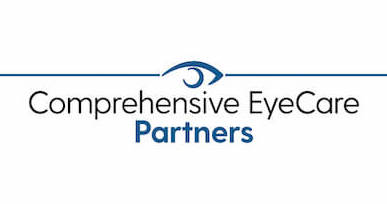
March is Workplace Eye Wellness Month! It’s essential to keep your health in mind while you’re on the job.
That includes all aspects of your health: mental and physical. Many occupations can present hazards to your eyes and your long-term eye health.
You may even be surprised at what occupations need to be most aware of eye safety. Office workers should be just as concerned for their eye health as anyone working with hazardous equipment and chemicals. Keep reading to learn why Workplace Eye Wellness Month is put in place!
Avoiding Eye Injury
If you work in construction, the medical field, or with any chemicals, you’re probably aware of standard eye safety practices. OSHA, the Occupational Safety and Wellness Administration, mandates employees know safety procedures and wear the proper safety equipment.
Of course, on the job, things don’t always go according to regulation. But it’s important not to cut corners when it comes to your safety, particularly with your eyes.
On-the-job eye injuries happen more often than you may think. So what can you do?
Follow safety guidelines outlined by your employer. Wear whatever safety equipment they recommend, whether that be a helmet or safety glasses.
If you work with chemicals, be familiar with how to use an emergency eyewash station. If you’ve been working at the same job for a while, you may have forgotten your initial safety training.
Do yourself a favor and refresh your memory! It’s always better to err on the side of caution.
Too Much Screen Time
Now, if you don’t work in a field with strict safety regulations, you still need to be vigilant about keeping your eyes safe. This is especially true for most office workers and anyone who spends most of their day on a computer.
A computer screen may not appear as dangerous as the hazards of a construction site or laboratory, but it can cause damage to your eyes over time. Many office workers suffer from Computer Vision Syndrome (CVS).
Common CVS symptoms include dry eyes, headache, eye strain, and fatigue, all from over-exposure to an electronic screen’s blue light. Blue light is on the same wavelength as ultraviolet light, which is the kind of light that causes sunburn.
Luckily, you don’t have to quit your office job to keep your eyes healthy. There are ways to protect them while still using a computer.
CVS Prevention and Treatment
The best way to treat CVS is to prevent it. Even if you have CVS and see an eye doctor, they’ll likely recommend the same preventative steps, perhaps alongside medical prescriptions. The best ways to prevent CVS and reduce symptoms include:
Taking regular breaks from the computer. Follow the 20-20-20 rule.
Every 20 minutes, stop and look away from your computer and look at an object 20 feet away for 20 seconds. This simple break will give your eyes some time to re-moisten after staring at a screen.
Be sure to remember to blink both during these breaks and while you’re on the computer.
Don’t sit too close to the screen. You should be at least 30 inches away at all times. If you feel like you need to get closer to see the screen, it may be time to update your prescription!
Stay hydrated. Your body needs enough water to keep producing tears. If you’re dehydrated, your eyes will dry out that much faster.
Use glasses or contacts that protect against blue light. These lenses are increasingly common and can even be used by people who don’t need glasses or contacts.
These precautions are simple and can quite literally save you a headache. Whether you work on a construction site or in an office, it’s never a bad thing to prioritize health and safety!
Schedule an appointment at Shepherd Eye Center in Las Vegas, NV, today!


